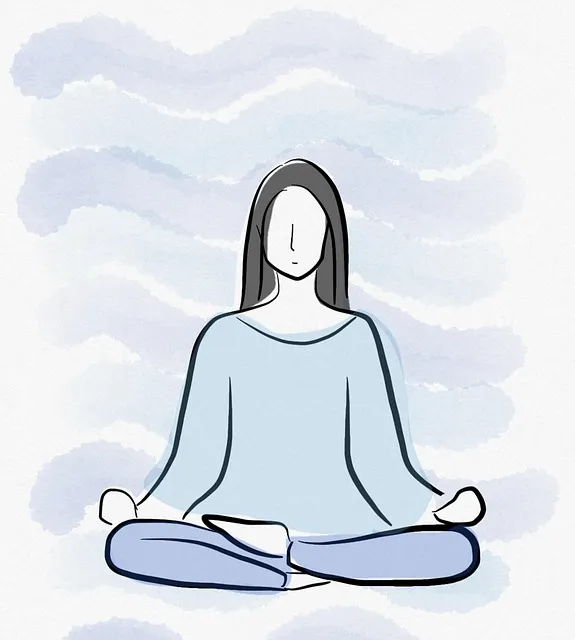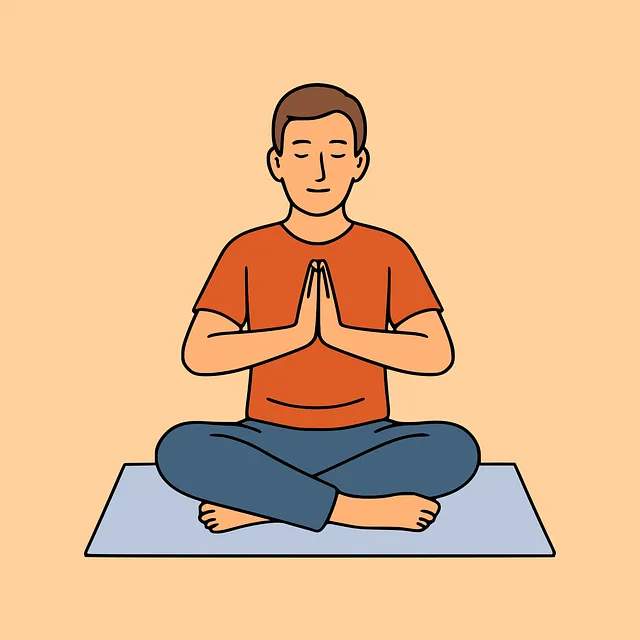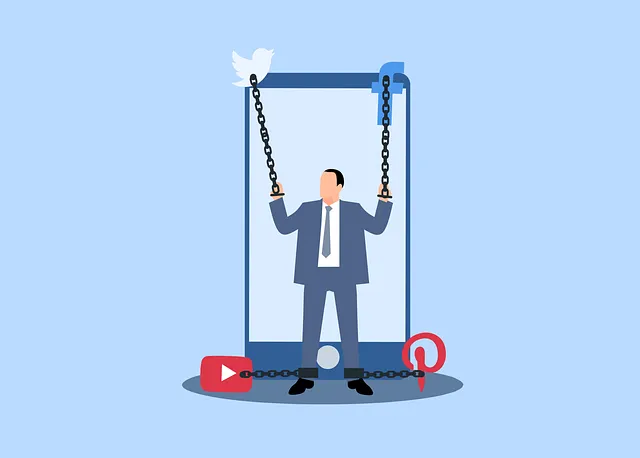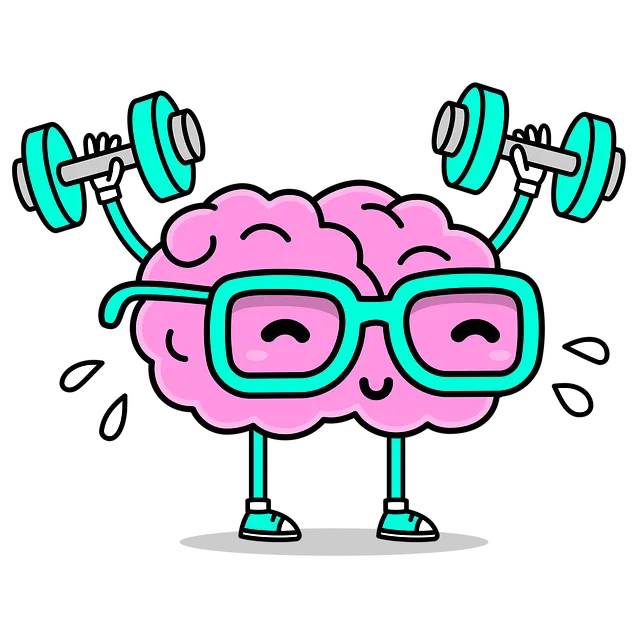The Westminster Kaiser Permanente Mental Health Access Center promotes mindfulness meditation as a powerful tool for enhancing mental well-being, offering accessible techniques like breath awareness and body scans. Creating a dedicated meditation corner with calming elements facilitates relaxation and consistent practice. By integrating mindfulness into daily routines through 'mindful living,' individuals can improve self-esteem, reduce stress, and foster emotional balance. Self-reflection through journaling tracks progress, aiding personal growth and mental wellness.
“Unwind, find focus, and embark on a transformative journey with mindfulness meditation—a practice gaining popularity at the Westminster Kaiser Permanente Mental Health Access Center. This comprehensive guide aims to navigate you through the art of mindfulness, from establishing your dedicated meditation corner to tracking personal progress. Discover techniques to calm the mind, enhance well-being, and integrate mindfulness into daily life, inspired by expert insights from the center’s specialized team.”
- Understanding Mindfulness Meditation: A Foundation for Your Practice
- Creating a Sacred Space: Setting Up Your Meditation Corner
- Techniques and Exercises: Navigating Your Mindful Journey
- Incorporating Mindfulness into Daily Life: Sustaining the Practice
- Tracking Progress and Benefits: The Power of Self-Reflection
Understanding Mindfulness Meditation: A Foundation for Your Practice

Mindfulness meditation is a practice that has gained immense popularity for its ability to transform mental health and overall well-being. At the Westminster Kaiser Permanente Mental Health Access Center, we understand that mindfulness is about bringing your attention to the present moment, without judgment. It’s a tool to cultivate awareness of our thoughts, emotions, and bodily sensations as they arise, allowing us to develop a deeper understanding of ourselves.
This practice has its roots in ancient Buddhist traditions but has been integrated into modern therapeutic practices, including Social Skills Training and Trauma Support Services. By regularly engaging in mindfulness meditation, individuals can enhance their Self-Esteem Improvement, reduce stress, improve focus, and foster a sense of calm. It’s an accessible and powerful technique that everyone can benefit from, regardless of their background or experience level.
Creating a Sacred Space: Setting Up Your Meditation Corner

Creating a sacred space is an integral part of establishing a successful mindfulness meditation practice, especially when utilizing resources like those available at the Westminster Kaiser Permanente Mental Health Access Center. Your meditation corner should be a tranquil retreat where you can escape the chaos of daily life and focus on your inner self. Consider transforming a quiet area in your home into this sanctuary—it could be a spare room, a cozy corner in your bedroom, or even a small desk in a peaceful nook.
Personalize your space with items that evoke a sense of calm and serenity. This might include soft lighting, soothing scents like lavender, comfortable seating, and perhaps a few meaningful decorations. The goal is to create an environment that invites relaxation and mindfulness, making it easier to access the benefits of meditation for stress reduction and mental wellness, as supported by Crisis Intervention Guidance and Mental Wellness Coaching Programs Development. Remember, developing inner strength begins with creating this sacred space where you can nurture your mind and soul.
Techniques and Exercises: Navigating Your Mindful Journey

Mindfulness meditation is a powerful tool accessible to everyone, offering a journey into self-discovery and improved well-being. At Westminster Kaiser Permanente Mental Health Access Center, we guide individuals through various techniques to cultivate a mindful practice tailored to their unique needs. This may involve focusing on breath awareness, body scans, or guided visualizations—simple yet effective exercises that help navigate the mind’s intricate landscape.
For those new to meditation, starting with short, consistent sessions is key. Building empathy for one’s thoughts and emotions without judgment fosters a supportive environment for mental health. Additionally, integrating mindfulness into daily routines can prevent burnout, especially for healthcare providers who often face challenging situations. These strategies contribute to the reduction of stigma associated with mental illness, promoting overall well-being in personal and professional settings.
Incorporating Mindfulness into Daily Life: Sustaining the Practice

Incorporating mindfulness into daily life is a key aspect of sustaining your meditation practice. At the Westminster Kaiser Permanente Mental Health Access Center, we encourage individuals to view mindfulness as an ongoing journey rather than a fleeting trend. By integrating simple mindfulness techniques into routine activities like eating, walking, or even commuting, you can cultivate a deeper sense of presence and awareness throughout your day. This approach, often referred to as ‘mindful living,’ allows you to tap into your inner strength development and enhance your overall mental wellness.
The benefits of a consistent practice extend beyond the meditation cushion. Regular mindfulness practices have been shown to reduce symptoms of anxiety relief, promote better stress management, and foster a deeper sense of emotional balance. Our Mental Health Access Center’s programs, including our Development of Mental Wellness Coaching Programs, are designed to support individuals in this journey, providing practical tools and strategies for maintaining a mindful lifestyle. Remember, the goal is not perfection but progress; each moment of awareness contributes to your overall mental health and resilience.
Tracking Progress and Benefits: The Power of Self-Reflection

Mindfulness meditation is a journey, and tracking your progress is an essential part of this transformative process. At the Westminster Kaiser Permanente Mental Health Access Center, we encourage our clients to embrace self-reflection as a powerful tool for personal growth. By regularly taking time to assess your meditation practice, you can gain valuable insights into its impact on your mental wellness.
Self-reflection allows you to identify patterns and shifts in your emotional state, thought processes, and overall well-being. Consider keeping a journal to document your experiences, thoughts, and feelings before and after each meditation session. Over time, this practice will help you recognize improvements in stress management, anxiety reduction, and even depression prevention (as discussed in our Mental Wellness Podcast Series Production). The benefits extend beyond mental health; self-awareness can enhance your overall quality of life, enabling better decision-making and a deeper understanding of yourself.
Mindfulness meditation is a powerful tool for enhancing mental well-being, as evidenced by resources available at the Westminster Kaiser Permanente Mental Health Access Center. By understanding its foundational principles, creating a dedicated space, and exploring various techniques, you can embark on a journey of self-discovery and inner peace. Incorporating mindfulness into daily life and tracking personal progress ensures a sustainable practice that profoundly benefits your overall well-being. Remember, every small step towards mindfulness makes a significant difference in navigating life’s challenges.





